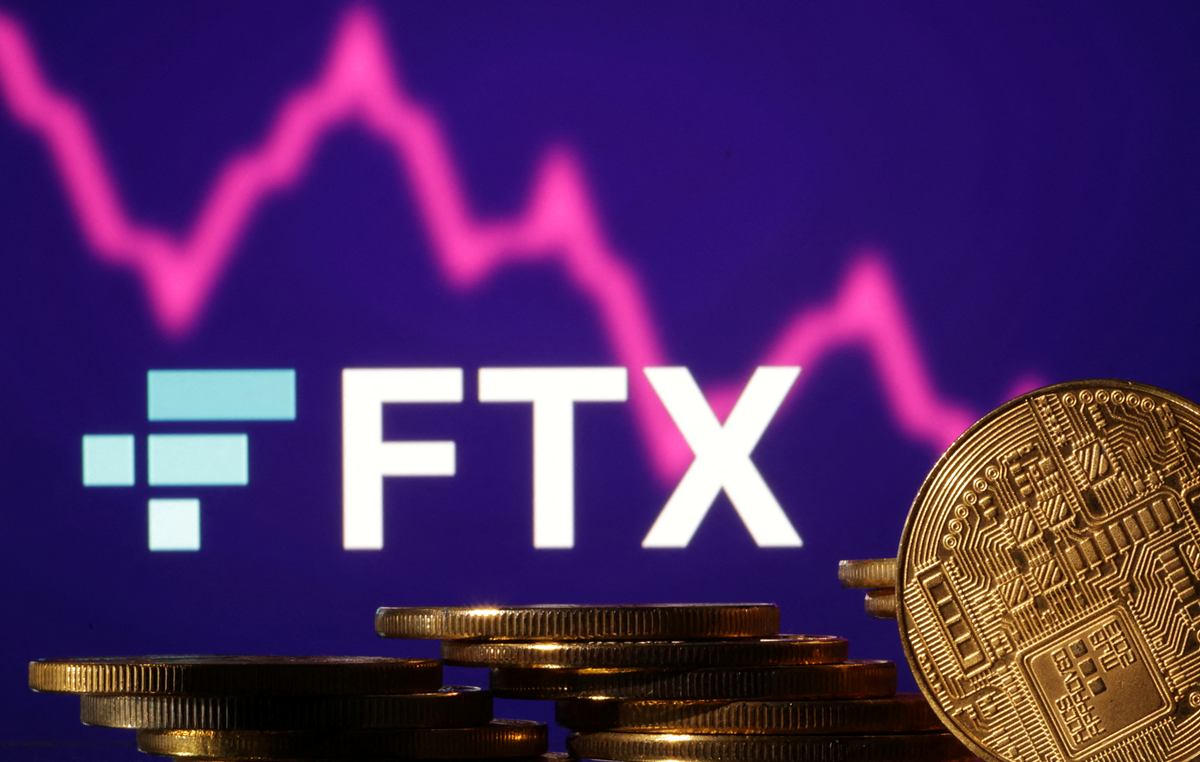
Nikolaos Panigirtzoglou, JPMorgan analyst, described how the crypto ecosystem might change after the FTX collapse. To cut long story short: no DeFi in the near future.
First of all, the assertion by JPMorgan suggests that the collapse of FTX will speed up existing regulatory initiatives: MiCA (Markets in Crypto Assets) in Europe together with the US regulations. Moreover, these new regulations will make DeFi look more like a traditional financial system: laws are expected to pay special attention to protection for customers and an unbundling of all kinds of financial activities. Add to that constant mandatory reporting, and you will get a good old traditional financial institution.
Another crucial point in the JPMorgan paper is that they are “skeptical of a structural shift away from centralized exchanges (CEX) into decentralized exchanges (DEX)”. They note numerous DeFi risks like hacking and protocol attacks, lack of security, and vague rules of the game. So, regulation, more regulation, and some more regulation for good measure.
We heard similar speeches after the collapse of Terra half a year ago when regulatory discussions around the stablecoins gained pace very quickly. World regulators looked for ways to make stablecoin ecosystems more transparent and safe for investors, hinting that laws would become stricter. Now JPMorgan says the same about DeFi.
Such an opinion from the Wall Street veteran is rather expected. Traditional institutions are not as rapid at adopting new technologies as small startups, which is clearly visible in the crypto industry. However, they see the potential in this realm; some of them have already launched their first crypto pilots. We will just remind you that at the beginning of this month JPMorgan completed its first cross-border transaction using blockchain, thus entering decentralized finance. Still, the crypto industry is replete with new names and seems to leave no place for latecomers.
After all, we are curious to know who will be dominating the crypto industry in a couple of years. Who would you put your money on?

